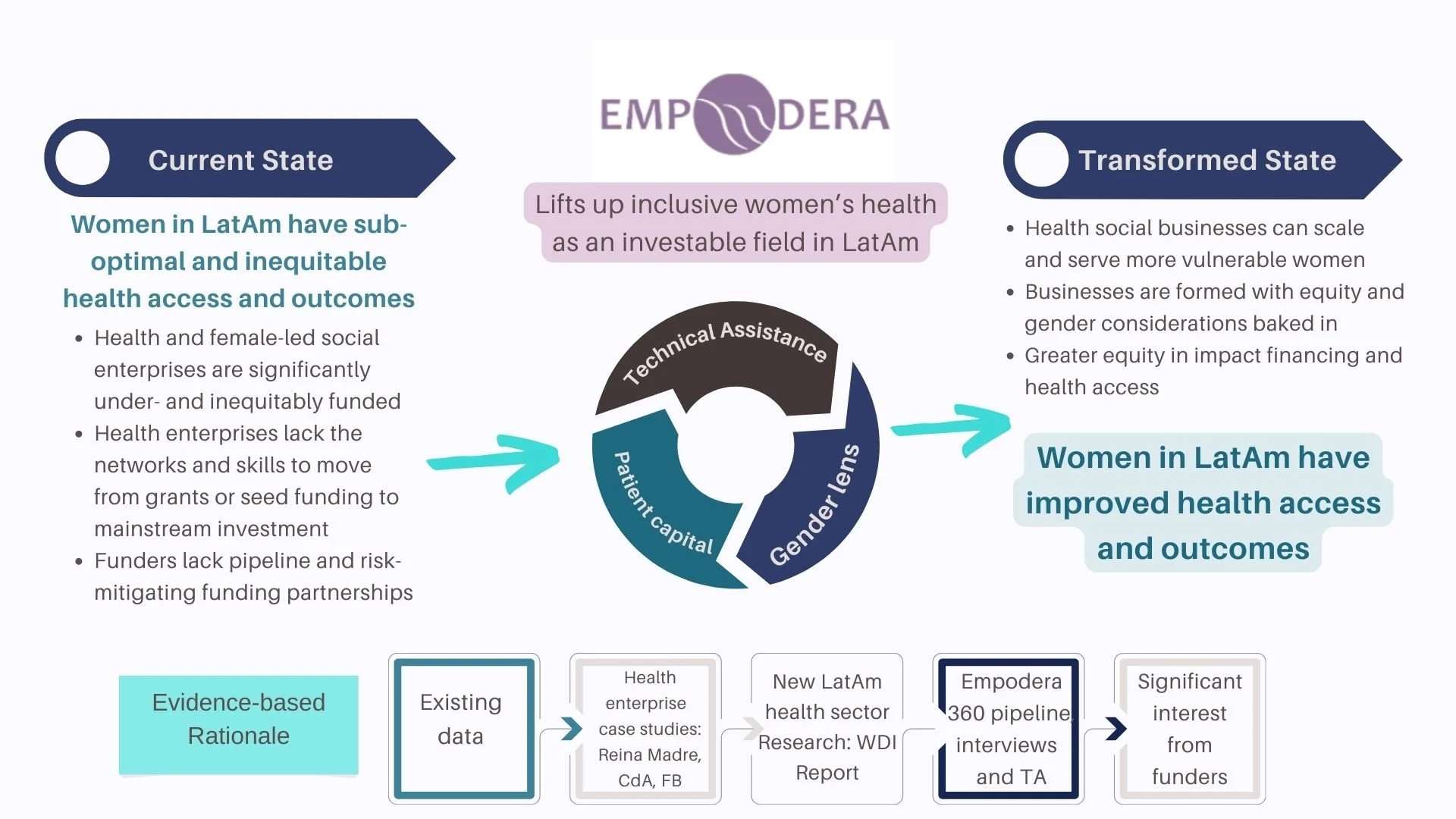Resource Roundup: Black History Month Edition
While we still work to progress toward a world in which every month is black (and women’s, queer, etc…) history month, I consider it critical to intentionally continue my anti-racist education. This month I’m sharing books, articles and resources written by black and African American leaders. Some of them are focused directly on anti-racist concepts and actions, which I find to be incredibly relevant to the work I do with philanthropy, social enterprise and investing. But I also share literary fiction, because 1) they are books I’ve read and have been transformative for me, and 2) because evidence suggests that reading fiction increases empathy - a critical quality we need more of to facilitate a more equitable, inclusive world. Chimamanda Ngozi Adichie’s Ted talk (linked below) illustrates this idea beautifully. I hope you enjoy some of these as much as I have, please comment with your thoughts below, or with other works you’d recommend.
Books
So You Want to Talk About Race, Ijeoma Oluo
Ijeoma Oluo talks about the real and most uncomfortable ways in which racism and white supremacy play out in all of our public spaces. She pushes us all to speak out, ask the questions, have the uncomfortable conversations - it’s the only way for change. I also recommend following her on social media for poignant commentary on current events.
Homegoing, by Yaa Gyasi
I absolutely love a complex historical novel, and Gyasi’s book is one of my favorites of all time. Following sisters’ parallel lives in Ghana and the US, and spanning several generations, it highlights the devastating legacy of slavery for both those who were stolen and those who were stolen from. Incredibly written and researched.
Call us What we Carry, Amanda Gorman
This collection of poetry by the Inaugural poet is so fresh and timely in its content, and innovative and bold in style.
Americanah, Chimamanda Ngozi Adichie
Another great novel exploring issues of identity, race and belonging across time and place. In this case, a Nigerian couple attempting immigrant lives in the US and London, and ultimately rediscovering their Nigerian homeland through changed perspectives.
Articles
The Case for Reparations, Ta-nehisi Coates
This influential article from 2014 is still so relevant. Through specific examples, Coates shows how Jim Crow and redlining in particular have created a lasting inequality and uphill battle for African Americans. He also provides examples of global reparations to illustrate why reparations are a not a fringe idea, but a serious solution.
Why Black History Month? Association for the Study of African American Life and History
You know about Black History Month, but do you know about its origins?
The Danger of a Single Story, Chimamanda Ngozi Adichie
I love her writing, and I love her Ted talk. Through personal stories of both discomfort but also a healthy dose of humor and humility, Adichie perfectly paints the picture for why hearing a diverse range of stories about the same people and places is imperative for human dignity.
Videos
Family and kids
Brave. Black. First.: 50+ African American Women who Changed the World, Cheryl Willis Hudson
I’m constantly looking for opportunities to make sure my kids are learning about a diverse range of historical figures, especially women and people of color. This is a great book to flip through and read stories about powerful women of color as topics and interests emerge. (All ages)
Ada Twist, Scientist, Andrea Beaty
A black girl in STEM protagonist? Sign me up! (Age 3-7ish)
Black History Month for Kids (video)
A short, simple video introduction to the history of segregation, with historical video footage.
This post may contain affiliate links. This means that I may earn a small commission from sales of products I link on this page. I only suggest products I wholeheartedly recommend.












